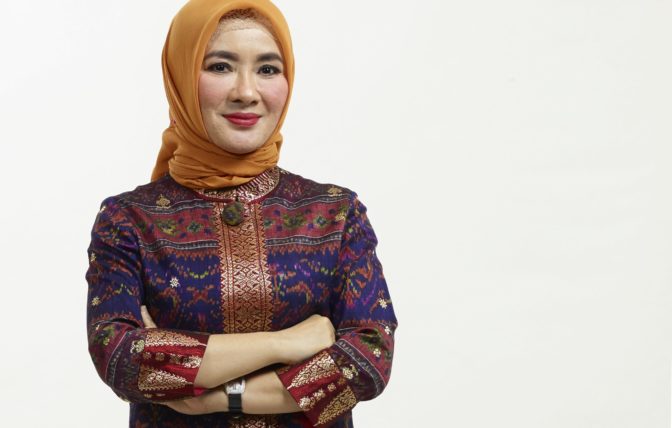
 "
"

 "
"

Forbes have released 2021s most powerful women in the world list. The list features 3 powerful Muslim women which include the likes of Nicke Widyawati, Raja Easa Al Gurg and Samia Suluhu Hassan.
53-year-old Indonesian Nicke Widyawati makes Forbes’ top 100 most powerful women list ranking at number 27th. Widyawati is the president and CEO of Pertamina, an Indonesian oil and gas firm. She is the company’s second female director. Because Pertamina is a state-owned company, Widyawati’s job is reliant on the Indonesian government’s actions. She has received praise by a cabinet member in June 2020 stating to the press that Widyawati is “Still the best” and she is the is “able to carry out any task assigned to her”. Widyawati reduced investor expectations in spring 2020 by disclosing that the company’s sales will take a 45 percent fall due to Covid.
Coming at power ranking number 92nd Raja Easa Al Gurg is the one of the managing directors and vice chairperson of one of the biggest multinational corporations in the Middle East. The company is made up of 27 businesses that range from retail to construction to a metal foundry. Al Gurg also serves as the president of the Dubai Business Women Council, which promotes female entrepreneurship in the UAE. She is also a member of the Dubai Chamber of Commerce and Industry, the Dubai Women’s Association, and HSBC Middle East’s board of directors. She is the first Emirati woman to be appointed to the HSBC Bank Middle East Limited board of directors (HBME).
Sitting at power ranking number 94th of the list is Samia Suluhu Hassan. Following the death of President John Magufuli in March 2021, Samia Suluhu Hassan became Tanzania’s sixth president and first female leader. She was elected vice president in 2015 and advanced to the position of president in 2017.She became only the sixth female African leader to address the United Nations General Assembly in September. She made those comments in order to protest Covid’s vaccination inequity. Suluhu has set herself apart from her predecessor by enacting more stringent Covid regulations, such as enforced quarantines for passengers arriving from countries with new variations.